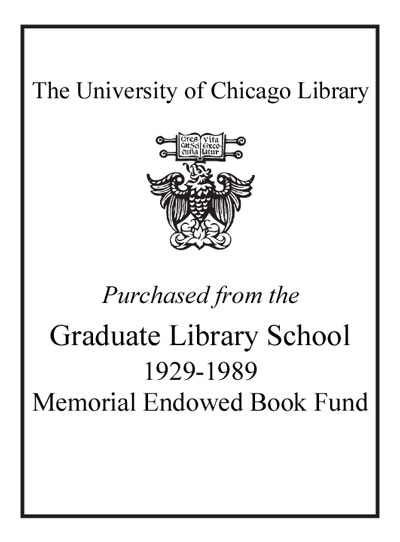Review by Choice Review
This impassioned, emotionally charged volume had its origins when the author began to study the Great Calcutta Killing of 1946 and when he interrogated his father, who was a boy during the Bengal famine, about those times. The famine killed an estimated 1.4 to 4 million people in 1943 and in the following years. The book is a fierce indictment of Winston Churchill and the British officials who governed India, as well as a condemnation of Indian political leaders who, according to historian Mukherjee (Ryerson Univ., Toronto), did little or nothing to alleviate the conditions of the dead and dying in Bengal. The British were condemned for putting the war effort above all else, destroying transport networks and supplies that would aid the Japanese Army on the borders of India. The author also condemns local traders and Indian industrialists. This volume is a thorough examination of the famine and can be read along with such volumes as Amartya Sen's Poverty and Famine (CH, Apr'82); Suranjan Das's Communal Riots in Bengal (1991), with which Mukherjee disagrees on various issues; and, more significantly, Madhusree Mukerjee's Churchill's Secret War (CH, May'11, 48-5236). It is required reading on the subject. Summing Up: Essential. All levels/libraries. --Roger D. Long, Eastern Michigan University
Copyright American Library Association, used with permission.
Review by Choice Review

